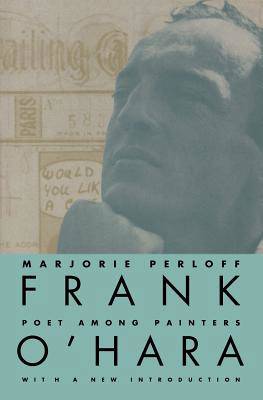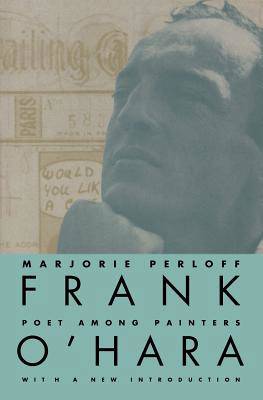
- Afhalen na 1 uur in een winkel met voorraad
- Gratis thuislevering in België vanaf € 30
- Ruim aanbod met 7 miljoen producten
- Afhalen na 1 uur in een winkel met voorraad
- Gratis thuislevering in België vanaf € 30
- Ruim aanbod met 7 miljoen producten
Zoeken
Omschrijving
Drawing extensively upon the poet's unpublished manuscripts--poems, journals, essays, and letters--as well as all his published works, Marjorie Perloff presents Frank O'Hara as one of the central poets of the postwar period and an important critic of the visual arts. Perloff traces the poet's development through his early years at Harvard and his interest in French Dadaism and Surrealism to his later poems that fuse literary influence with elements from Abstract Expressionist painting, atonal music, and contemporary film. This edition contains a new Introduction addressing O'Hara's homosexuality, his attitudes toward racism, and changes in poetic climate cover the past few decades. A groundbreaking study. [This book] is a genuine work of criticism. . . . Through Marjorie Perloff's book we see an O'Hara perhaps only his closer associates saw before: a poet fully aware of the traditions and techniques of his craft who, in a life tragically foreshortened, produced an adventurous if somewhat erratic body of American verse.--David Lenson, Chronicle of Higher Education Perloff is a reliable, well-informed, discreet, sensitive . . . guide. . . . She is impressive in the way she deals with O'Hara's relationship to painters and paintings, and she does give first-rate readings of four major poems.--Jonathan Cott, New York Times Book Review
Specificaties
Betrokkenen
- Auteur(s):
- Uitgeverij:
Inhoud
- Aantal bladzijden:
- 270
- Taal:
- Engels
Eigenschappen
- Productcode (EAN):
- 9780226660592
- Verschijningsdatum:
- 14/03/1998
- Uitvoering:
- Paperback
- Formaat:
- Trade paperback (VS)
- Afmetingen:
- 136 mm x 204 mm
- Gewicht:
- 303 g

Alleen bij Standaard Boekhandel
+ 72 punten op je klantenkaart van Standaard Boekhandel
Beoordelingen
We publiceren alleen reviews die voldoen aan de voorwaarden voor reviews. Bekijk onze voorwaarden voor reviews.











